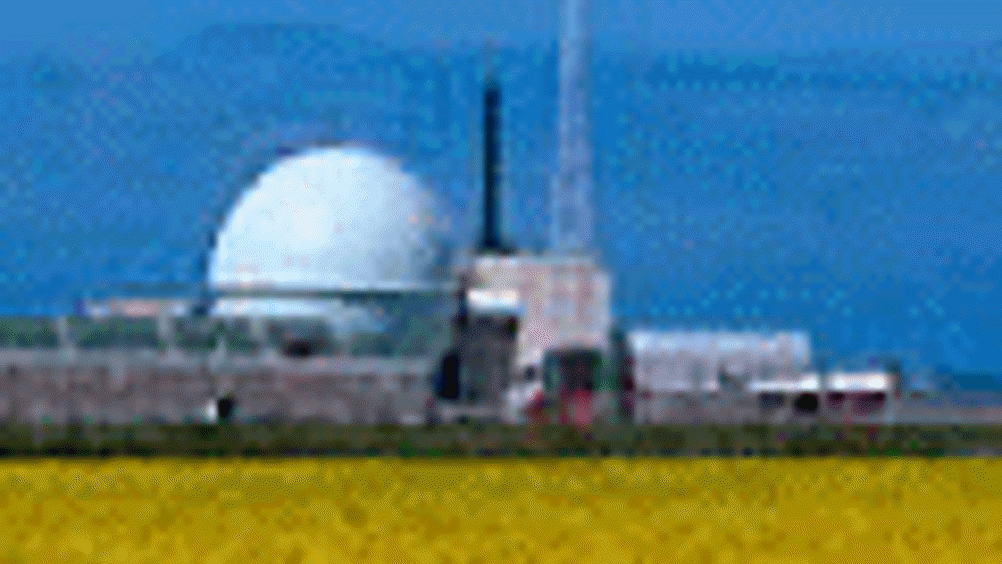Safety first
A British company claims it is enabling nuclear plant manufacturers to make more efficient, cost-efficient components, without compromising on safety.

A British company is enabling nuclear plant manufacturers to make more efficient, cost-efficient components, without compromising on safety -precisely what the nuclear industry requires to fuel its resurgence.
Bristol-based VEQTER’s Deep Hole Drilling (DHD) Technique refines component manufacture by determining the exact residual stress acting on a component throughout its entire thickness. In doing so, integrity may be verified and the need to rely on conservative standards now decades old is removed.
According to VEQTER's Dr Ed Kingston, using the DHD technique means components no longer have to be over-engineered and oversized, reducing the amount of raw material needed, therefore minimising its cost and weight.
The result is that less infrastructure is needed to support the component (typically reactor pipelines and particularly the welds connecting the pipes), leading to a significant overall reduction in plant construction costs.
A
Register now to continue reading
Thanks for visiting The Engineer. You’ve now reached your monthly limit of premium content. Register for free to unlock unlimited access to all of our premium content, as well as the latest technology news, industry opinion and special reports.
Benefits of registering
-
In-depth insights and coverage of key emerging trends
-
Unrestricted access to special reports throughout the year
-
Daily technology news delivered straight to your inbox










Water Sector Talent Exodus Could Cripple The Sector
Maybe if things are essential for the running of a country and we want to pay a fair price we should be running these utilities on a not for profit...